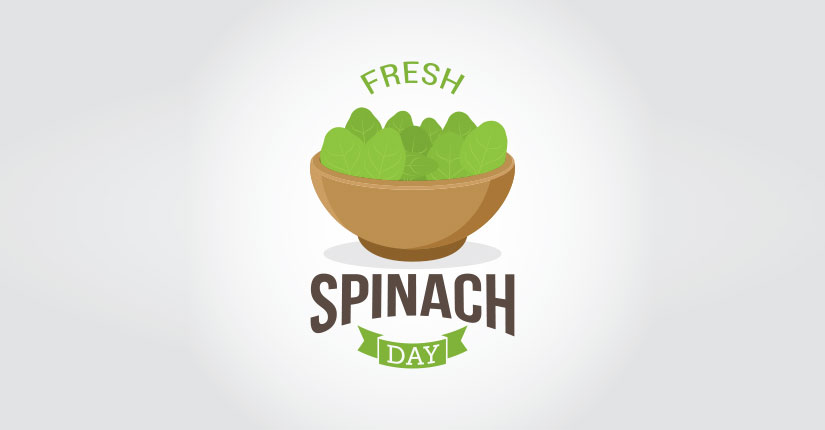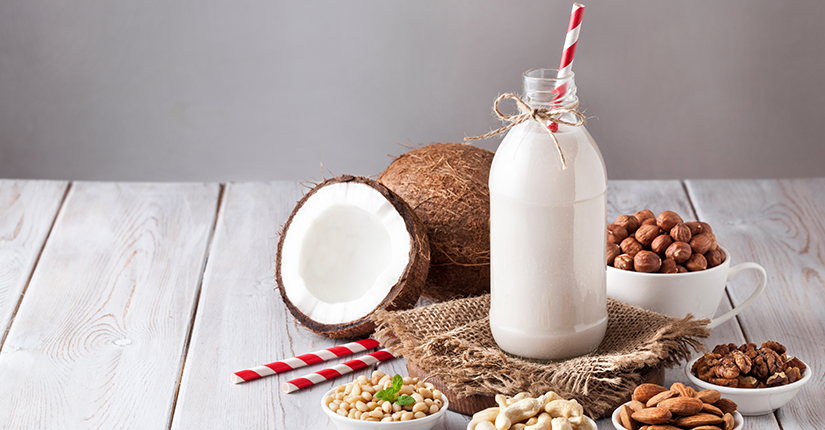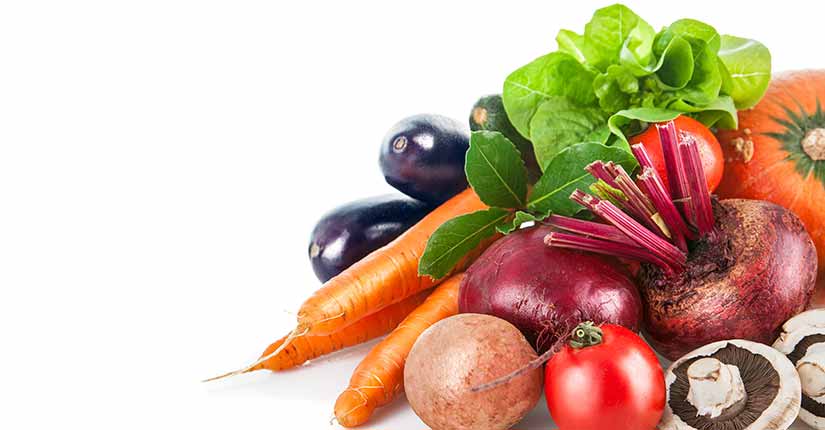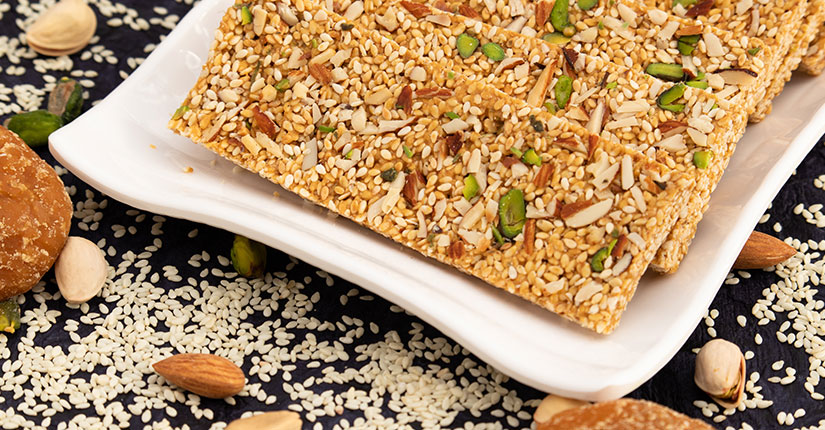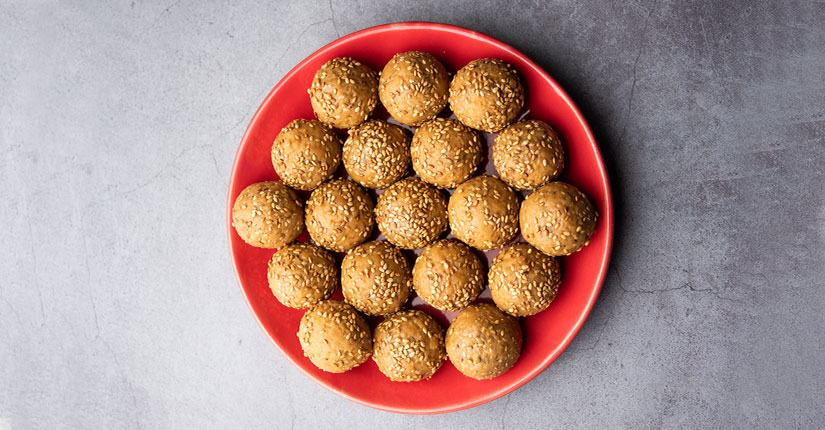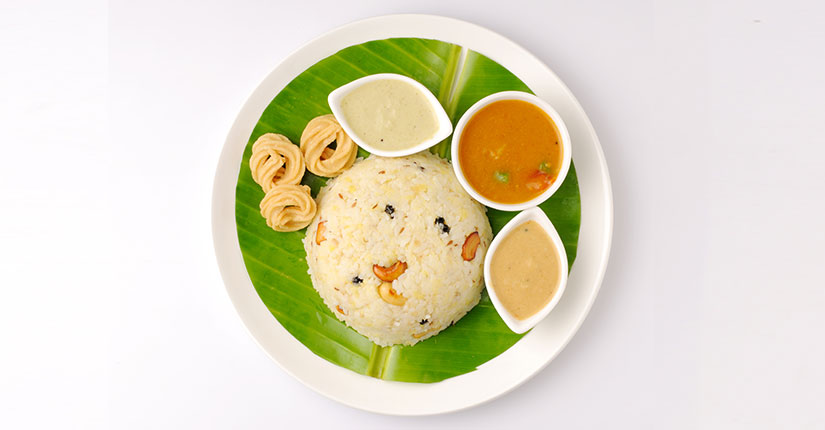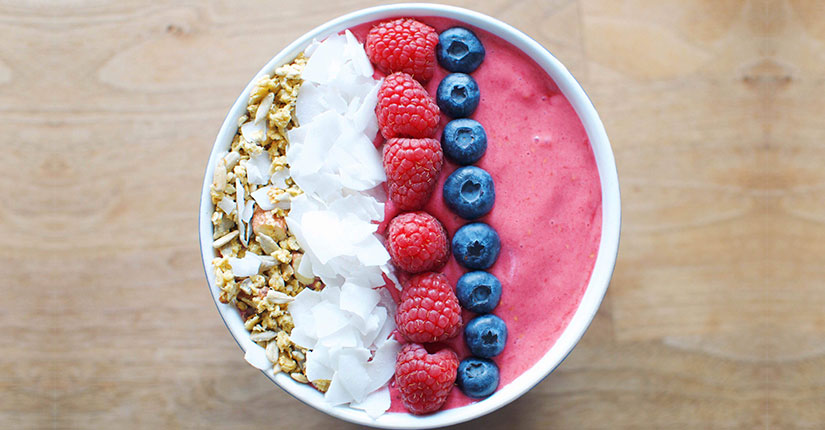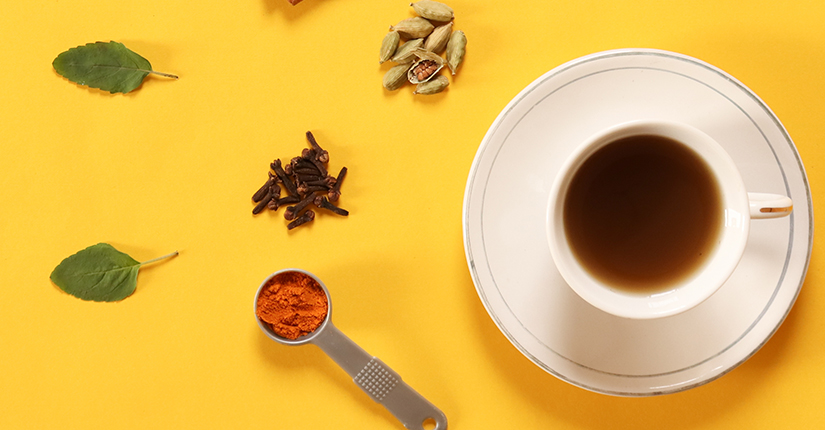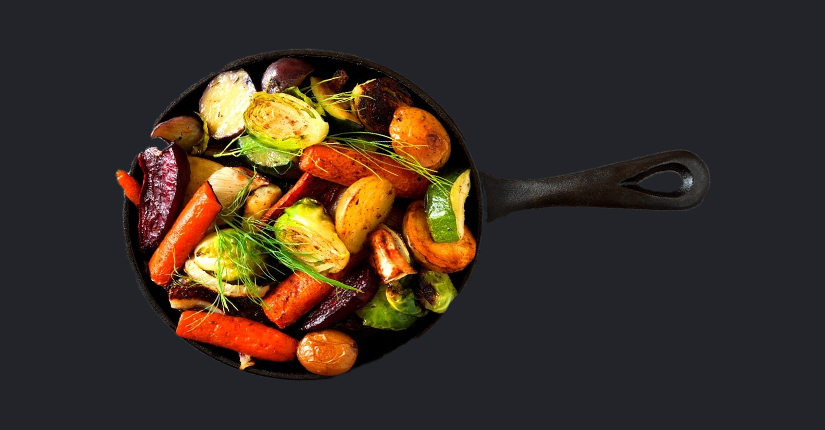Healthy Diet Practices to adapt for Juvenile Arthritis
By Nmami Agarwal 04-Jul 2021 Reading Time: 5 Mins

Juvenile arthritis (JA) is a disease in which there is inflammation (swelling) of the synovium (it is the tissue that lines the inside of joints) in children aged 16 or younger. It is the term used to describe arthritis in children younger than age 16. Juvenile arthritis is an autoimmune disease which means that the immune system, which normally protects the body from foreign substances, attacks the body instead. The disease is also idiopathic, which means that no exact cause is known. It is believed to be caused by a combination of genetic and environmental factors, and a poorly functioning immune system.
Healthy diet practices to abide by
A balanced diet can ease out the symptoms of JA while decreasing the inflammation. Make sure to add wholesome and nourishing foods in your diet and cut out the consumption of fried, processed and high fat foods as these can aggravate inflammation. Here are some essential nutrients and healthy diet practices that promote healthy growth and development and can help reduce inflammation.
- Fiber-Rich Foods: Fiber-rich diet protects against inflammation and so opt for whole grain varieties of foods. Sweet potatoes, beans, and lentils are good examples. Fiber also helps move food through the digestive tract, which can help growing bodies hold on to important nutrients while filtering out toxins.
- Protein: Protein is vital for growth and development and to navigate the added demands of a long-term illness. Not only does protein support the immune system, but it’s also a key building block for all muscles and tissues. While plant-based protein such as legumes, beans, peas, lentils, nuts, and seeds are good sources, other good protein sources include fatty fish (i.e., salmon) and lean meat.
- Add in natural combinations of calcium and vitamin D: Calcium and vitamin D are critical nutrients for all children. While both nutrients help build strong bones, vitamin D has important immune-boosting properties. Kids with arthritis should take some combination of calcium and vitamin D. Vitamin D controls inflammation and works to help in the absorption of calcium, which is essential for strong bones.
- Omega-3-Rich Foods: Found in fatty fish, such as salmon, tuna, and sardines are heart-healthy and anti-inflammatory. Just watch out the portion size, since all types of fish may have mercury, which can be risky for a developing brain. Other sources include walnuts and seeds (such as flax, chia, and hemp), which contain alpha-linolenic acid (ALA), which is a precursor to omega-3 fatty acids. The body can convert ALAs into omega-3s, but not as efficiently, or discuss with your doctor about omega-3 supplements.
- Add in plenty of fruits and veggies: Make your diet colourful by making fruits and veggies take up the most space on your plate. These foods have protective compounds like antioxidants and polyphenols that help protect against inflammation.
- Natural spices: Spices like turmeric, a spice commonly used in curries, can cure inflammation. Ginger is another spice believed to curb inflammation. It can also help with medication-related side-effects like nausea and stomach pain. Make sure to talk with your doctor before adding any supplement to your diet.
Over to you
Eating a healthy diet is important for all growing children, but children with juvenile arthritis (JA) face more challenges. Eating foods that promote growth and development and help reduce inflammation is encouraged.


